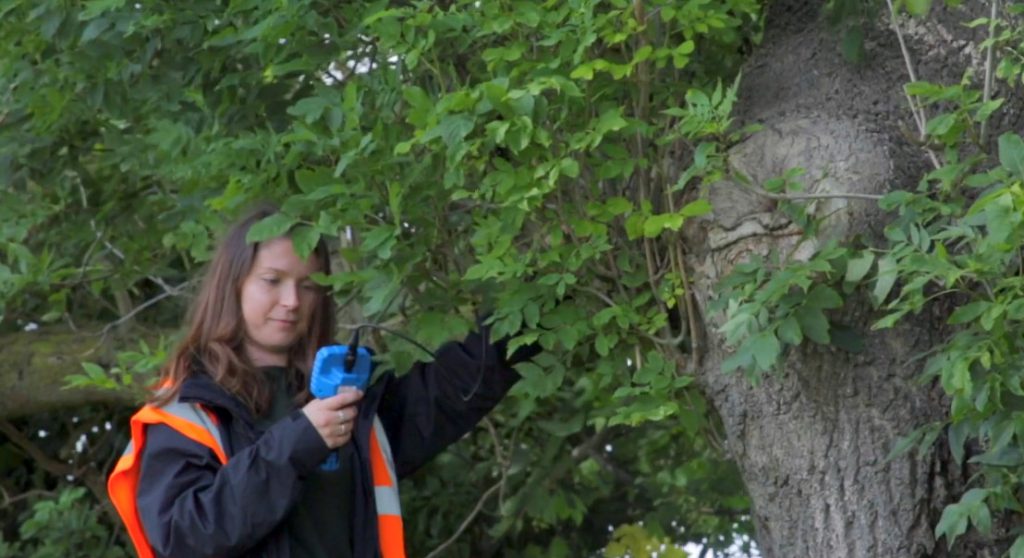Undeveloped Parts of Devon
As with many of the counties in South West England, Devon is predominantly rural. Formed from multiple Areas of Outstanding Natural Beauty (AONB), numerous national parks and almost as many as 80 towns and villages, the county is in an abundance of countryside locations. Despite such a large number of inhabited areas and a clear interest in Devon, 82.6% of the county remains undeveloped, with residents and the local council hoping to retain as much environmental value as possible.
Even once developers have been able to purchase greenfield land in Devon, they will face the issue of dealing with potential archaeological features partly or completely hidden beneath the surface of the ground, such as items as small as historic remains or as large as unused mine workings. Ignoring the likely presence of archaeological remains beneath the ground will run the risk of delays or costly repercussions.
Devon Heritage Protections
In response to concerns that ancient buildings, historic sites, archaeological remains and untouched areas across Devon could be harmed as a result of planning projects, Devon County Council has a Historic Environment Team. Of all duties, the top priority is to promote the enhancement, enjoyment and protection of archaeological monuments, archaeological sites, historic buildings, historic landscapes and historic townscapes in the county.
Departments within local councils that are dedicated to archaeology also often provide support to the local planning authority on decisions to grant or reject planning applications. As a result, developers can be left feeling that they need to satisfy both a planning officer and an archaeologist working on behalf of the local council. It is possible, however, to meet all planning requirements by speaking to us about an archaeology survey.
Assessments for Archaeology
Firstly, an archaeology survey will start with desk-based assessments to uncover any existing information about historic remains on the site and archaeological records of the site’s potential historic importance. The archaeologist will then visit the site on a set date to inspect all areas for archaeological remains, both above and below ground. An above-ground inspection will be known as a surface survey, while a below-ground inspection will be known as a geophysical survey and requires highly specialised equipment.
After the site has been analysed for visible historic remains, the archaeological consultant will use a ground penetrating radar (GPR) to determine the presence of historic features hidden beneath the surface of the ground. A GPR device will send radio waves into the ground and reflect them back once they hit a solid surface. Distances between the wave movements will be recorded, and if any distances are shorter, it could be a sign that historic features are present. Data retrieved from the desk-based assessment should explain it, but if it doesn’t, the archaeological surveyor may decide to excavate.
Other considerations during an archaeology survey include contours, earthworks, past building survey results and correlation to the National Grid, and the archaeologist may choose to integrate aerial photography, site discovery and evaluation, walkovers and watching briefs. Following the assessment, all of the findings and necessary next steps will be detailed in an archaeology report. It will feature all of the information required to allow the planning project to move forward, and once handed to the local planning authority, it will eliminate any obstacles that would otherwise prevent a successful application for planning permission.
Reach Out for an Archaeology Quote
It would be advisable to consider arranging an archaeology survey during any development on a historic site or involving undeveloped land. Arbtech has a team dedicated to archaeological services, with archaeologists that possess the necessary training, licensing, qualifications and capabilities to conduct an assessment on your site and provide you with the results you need to satisfy your local planning authority.
Simply by getting in touch, we can give you a free quote based on the unique specifications of your site and project. You can do this by calling us directly or filling out an online quote form, and if you are happy with the quote we send across, let us know, and we can organise a date to send an archaeological surveyor to your site to undertake an archaeology survey and help you to get a planning condition.


